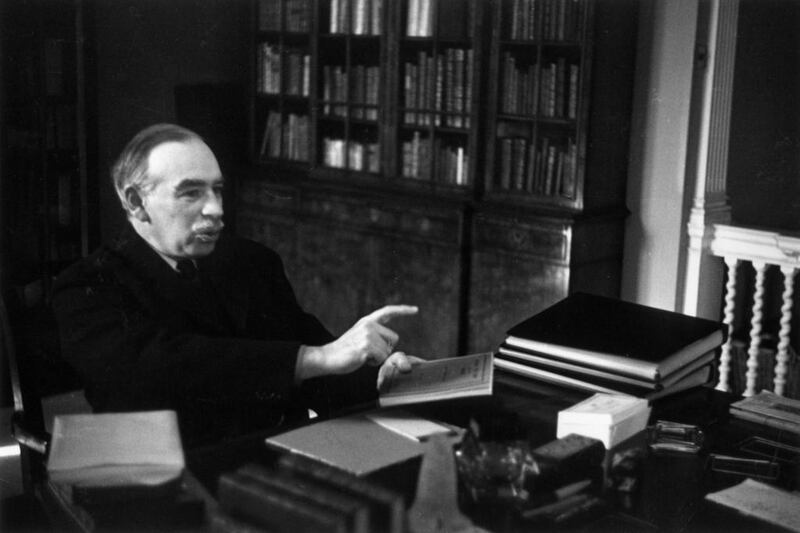As the first week of August rolled round, I rolled up my sleeves and got ready for another year of GISHWHES – an annual, week-long international scavenger hunt that supports the charity Random Acts.
Members of TeamMoonMoon – my family for the week – were there to inspire and motivate me, reassuring me that there was time to participate in some art, community service and general madness while maintaining a semblance of being a responsible adult. In fact, as if the universe was trying to be supportive, National Geographic published an article revealing that 2016 would be one whole second longer than expected. So, there should be no more complaining about not having enough time. One entire second has been gifted to us.
At first I went big. Time to fulfil that elusive New Year’s resolution, finish that book I picked up three months ago, or finally learn to do that headstand I always said I would master. On the other end of the spectrum, I thought of being more realistic. What could I actually achieve in this extra time? One extra squat at the gym? One more hug? One more priceless second of sleep during the week?
All this got me thinking about time. It seems to me that most people are simultaneously complaining about being perpetually busy while lamenting the fact that they never have enough time to do the things that they actually want to do. Why do we find ourselves in this situation?
Taking a big step back, in 1928 economist John Maynard Keynes predicted that by 2028, due to economic and technological advancements, people would work about three hours a day, and even this reduced schedule would represent more labour than was actually necessary. His main worry was that people would actually find it hard to fill all their spare time.
While the economic and technological advancements that Keynes predicted came true, his projections about our leisure time not so much. It seems as if we feel that we are eternally overwhelmed and swamped.
In recent years, there has been an increase in the amount of research and literature on the modern epidemic of being “too busy”. One theory put forward by several psychologists and social commentators is that busyness has acquired some sort of social status. The busier you are, the more important you seem. Therefore, we end up competing with each other to be – or appear to be – busy.
A second theory is that feeling overwhelmed is not so much a reflection of how much people have to do but of how much time they spend thinking about how many things they have to do. So although we may think that we are taking some time off, we end up spending this “spare” time thinking about all the things we have to do. And that makes us feel like we have not taken any time off at all.
So for somebody who has an inherent desire to schedule and achieve as much as possible in one day – because my productivity has somehow become intrinsically related to my value as a human – I have come to a new conclusion. What if that one second was just for rest and relaxation? One extra second to unwind.
Because after all, actively taking time for yourself isn’t always highly encouraged. In the workspace it becomes tempting to sacrifice your “me” time to prove that you’re a go-getter who never needs a break. But studies have shown that having more free time actually leads to a better work-life balance and, consequently, more engagement at the office.
In life in general, taking a break helps reboot the brain. It actually improves concentration and can make you more productive. So instead of waiting for that bonus time allocated to us at the end of the year, try to take an extra second or two every day just for you. Maybe that one second is the first step towards learning the true value of some “me time”.
Fatima Al Shamsi is a globetrotting Emirati foodie, film buff and football fanatic





